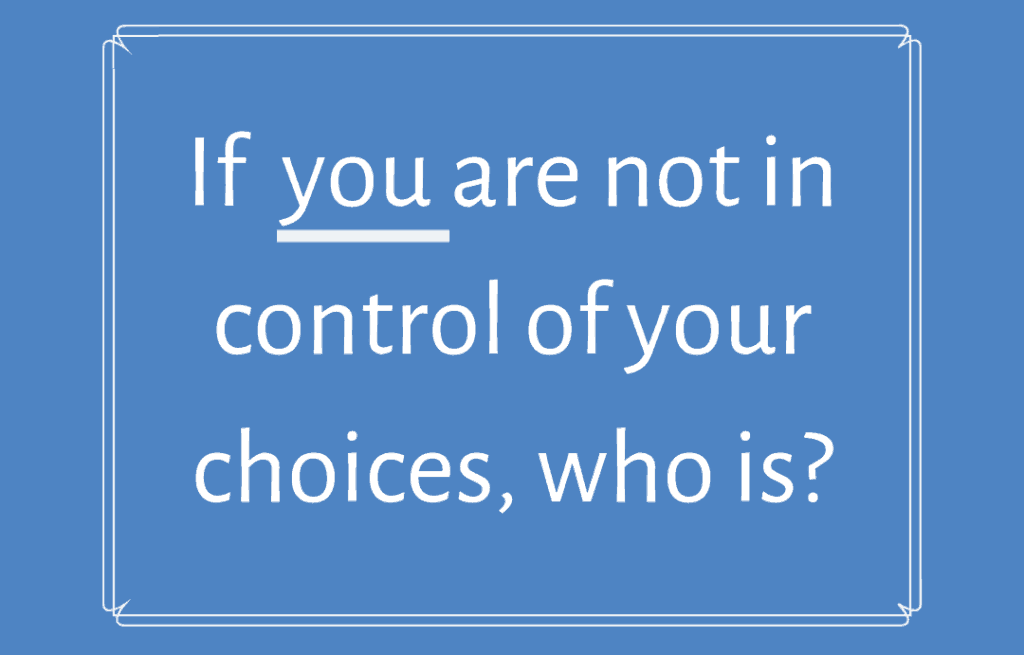Most of us try hard to be reliable. If we make a commitment to someone, we do our best to honor it. We want our friends, loved ones, and co-workers to know that they can count on us.
As a result, we end up doing things we may not really feel like doing–simply because we’ve told someone else that we will.
The last thing we feel like doing at the end of a workday is stopping by a neighbor’s house to feed the cats and clean the litter box. But we’ve promised to look in on Fluffy while he’s away. So we do.
Sometimes this works to our advantage. We’ve promised to meet a buddy at the gym for an early morning workout. When the alarm rings at 6am, we just want to roll over and go back to sleep. But we’re not about to be a no show. We honor our commitments.
Sometimes, of course, we can’t keep our promises. But for the most part, we make it a priority.
Except when those commitments are to ourselves.
We break the promises we make to ourselves all the time. We vow to take a break from social media. We commit to a new diet or exercise plan. We resolve to meditate every morning.
And then we just don’t do it.
We think it doesn’t matter because we’re not letting anyone else down. But it DOES matter. We are teaching ourselves that we don’t take our own goals very seriously. That we can’t be trusted to come through for ourselves.
Pretty soon, we don’t even take our commitments to ourselves very seriously. We make all kinds of reckless, half-baked promises. Because we know we’re all talk and no action.
What if you were to decide to take the commitments you make to yourself as seriously as the commitments you make to others? To show up for yourself, no matter what?
How would that affect how you feel about yourself? How might that affect which goals you commit to? How might it affect your ability to reach them?
What if honoring your commitments to yourself meant you had to make fewer (or different) commitments to others?
If you’ve repeatedly broken your promises to yourself, it may take some time to rebuild trust in your own integrity. It starts by making a commitment…and keeping it. And then repeating, over and over. Until you start to believe that a promise that you make to yourself is just as important as a promise you make to anyone else.
What promise to yourself can you make and keep this week?

 Time is tight during the holidays, and that may mean that you really do not have time to do your regular exercise minute routine.
Time is tight during the holidays, and that may mean that you really do not have time to do your regular exercise minute routine.


